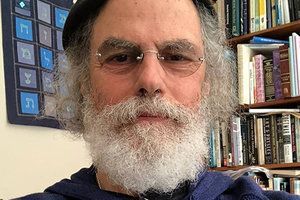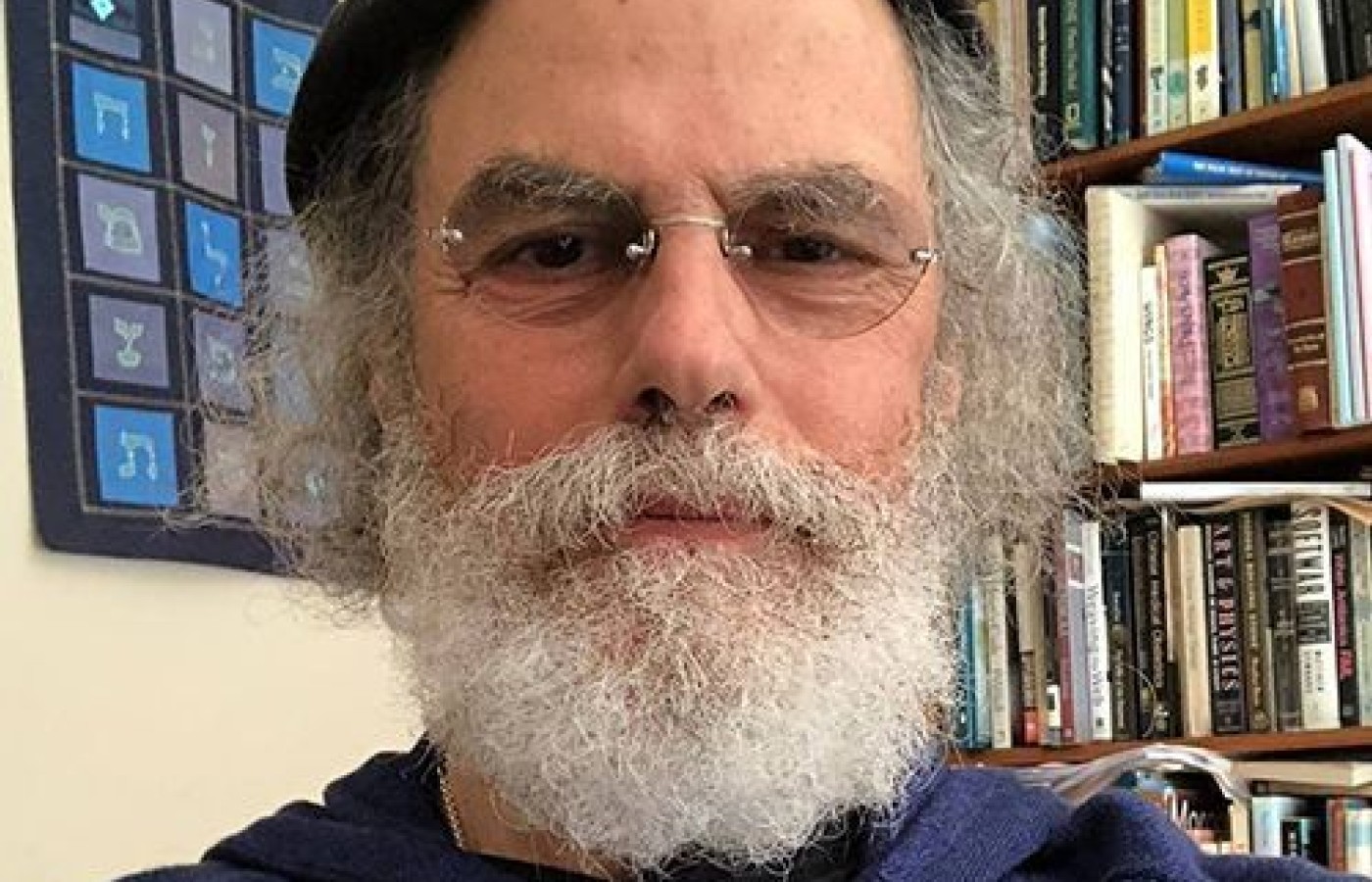The most important relationship I seek to nurture in the treatment room is the one a patient has with their own body. We live in a culture that teaches us to override pain, defer to outside authority, and push through discomfort. Patients often arrive hoping I can “fix” them, but the truth is, we can’t do the work for them. We can offer guidance, insight and support, but healing requires their full participation.
The Classical Texts & Integrative Medicine
The acupuncture profession has been undergoing many changes in the past years. There has been a shift towards a more integrative approach to medicine as more hospitals include integrative departments. Oftentimes, the desire of integration can lead practitioners to think about where the role for the classics continues in our medicine. How do the classical texts influence where our medicine is now and where it is headed?
RS: How does the comprehension of the classical Chinese medical texts explain traditional Chinese medicine (TCM) in reflection of modern illness?
ZR: The entire purpose of teaching, studying and practicing a system of medicine other than biomedicine is to gain a fresh, complementary perspective on the patient and their illness. But without studying the principles of Chinese medicine in depth, which are encoded in the Han dynasty medical classics such as the "Nei Jing" and "Shang Han Lun," one cannot have a complete knowledge and depth of the medicine. One cannot rely just on modern textbooks, which are wonderful for learning acupuncture points, herbs and formulas, but not for the essential theories.
RS: Why is it important to be able to understand biomedicine but treat and diagnose within the TCM paradigm?
ZR: According to Zhang Xi-chun, the early 20th century "integrative" physician, one has to be grounded in the classical Chinese medical tradition in thinking, diagnosis, and treatment, but that biomedicine (and other approaches, such as functional medicine, Ayurveda, homeopathy) can provide additional data that can be useful in understanding the patient's condition. But by no means should we try to treat via the biomedical diagnosis "straight up" without reconfiguring the diagnosis based on our own parameters.
RS: How does deepening your understanding of the Classics impact the future of the TCM?

RS: How does the ability to translate or recognize the radicals help to understand the context of the classics? How important is understanding the cultural influences to the nuances of the classical text?
ZR: A great scientist, David Weininger (who invented the first online software for chemical structures — SMILES), said that one "should treat a large amount of information as a small amount of information." And this explains classical Chinese characters in a nutshell; each character condenses a large amount of information within, as Chinese language is basically pictographic. So in order to understand the logical thought system behind Chinese medicine, knowledge of the source language is necessary, at least in a basic sense. And without the cultural context, specifically Han Dynasty, one cannot understand the theories of ying/resonance between heaven, earth and humanity that are essential to practice Chinese medicine effectively...
RS: What is the best way a new practitioner can create a classics focused practice or incorporate the classics into their existing practice?
ZR: Simply by choosing a text, such as the "Nan Jing," and reading a section each day. The practice of Chinese/Asian medicine must begin by an in-depth understanding of core concepts, and the embedded logical system by which we develop diagnosis and treatment strategies. Of course, it helps to have a mentor or teacher during this process.
RS: What role do the DAOM programs have in addressing the need for deeper reflection of the TCM classics?
ZR: It depends on the program. Some are focused more on specialties, such as pediatrics, orthopedics, or fertility. These are all wonderful, and certainly one can design programs in these from a classical perspective as well. But since most doctorate programs are clinically based, there isn't enough emphasis given to actual textual study and research, which was always the backbone of our medicine and the basis for which it has been able to continue to the present day.
RS: What do you feel the direction or focus of our profession should be?
ZR: I am just one practitioner, and I wouldn't want to decide for such a multi-dimensional profession as ours what the sole direction should be. Rather, I oppose attempts to impose biomedical standards, criteria and research as "the only way" that our profession can move forward. While biomedical research is welcome, without deepening and broadening our knowledge of the medical tradition through deep study of the vast literature and clinical experience of previous generations, we will not be able to move forward to build the foundations of our future.
Z'ev Rosenberg is Chair Emeritus at PCOM and the lead professor of classical texts at Five Branches University. He teaches seminars throughout the U.S. Having been in private practice since 1983, Z'ev is recognized as one of the first generation of practitioners of Chinese medicine in the U.S. Z'ev is also just published his first book, "Returning to the Source" which explores the core principles of the classical texts in reflection of modern practice.



